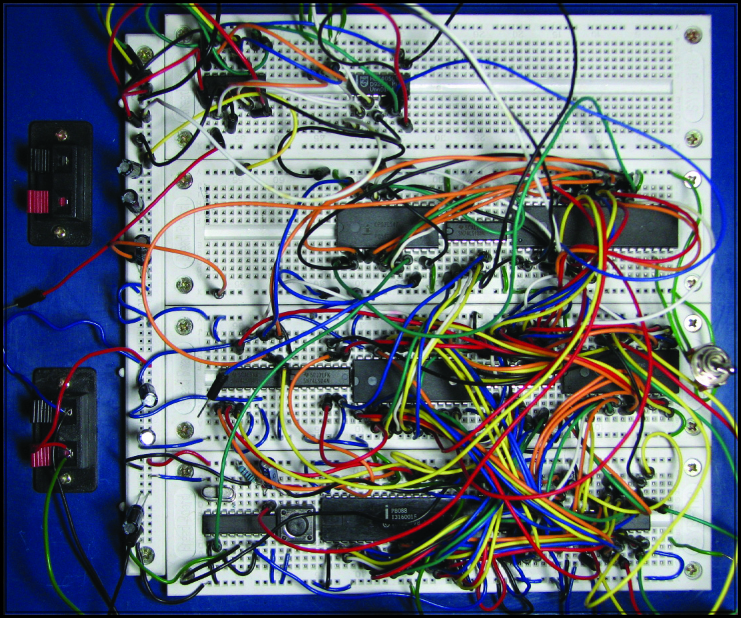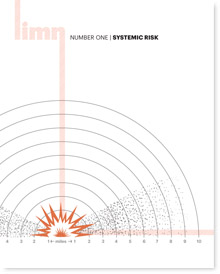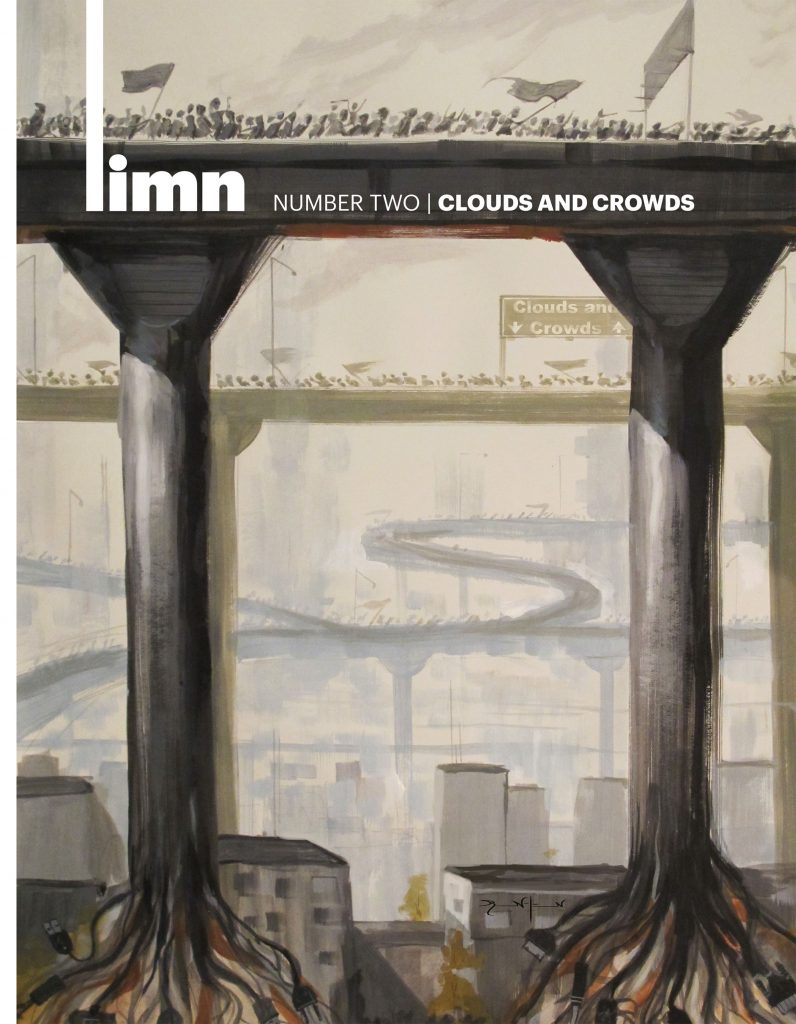Laurier Rochon: The Dictator’s Practical Internet Guide to Power Retention (2012)
Filed under booklet | Tags: · internet, politics, power, social media, totalitarianism

The goal of this guide is to provide leaders of authoritarian, autocratic, theocratic, totalitarian and other single-leader or single-party regimes with a basic set of guidelines on how to use the internet to ensure you retain the most power for the longest time. The best way to achieve this is to never have your authority contested. This guide will accompany you in the obliteration of political dissidence. By having everyone agree with you, or believe that everyone agrees with you, your stay at the head of state will be long and prosperous.
Self-published, June 2012, Rotterdam, The Netherlands
55 pages
PDF
View online (HTML)
Daniel Kreiss: Taking Our Country Back? Political Consultants and the Crafting of Networked Politics from Howard Dean to Barack Obama (2010)
Filed under thesis | Tags: · internet, networked politics, networks, politics, social movements, united states
While many scholars argue that the falling cost of producing and disseminating digital information drives new forms of collective political action, this dissertation reveals how digital tools, practices, and cultural processes together shape electoral campaigning. In the process, this research shows that digital technologies are not the primary drivers of changes in political practice and networked politics is not as radically democratic as many scholars suggest. Through open-ended interviews, archival research, and participant observation this work shows how until the 2003-2004 presidential election political consultants used the Internet as mass medium. During the Howard Dean campaign, however, consultants deployed a set of Internet applications that enabled citizens to work together on tasks such as voter mobilization and fundraising. As these new media staffers drew from their corporate experience to build these tools they described the campaign as a technologically-empowered, 1960s-style social movement. The dissertation concludes by showing how after the campaign these staffers founded political consultancies and brought these tools, techniques, and claims to many other sites in electoral politics, including Barack Obama’s bid for the presidency. While telling this history, this dissertation shows how social formations and cultural work together shape the uptake of tools in electoral campaigning. Meanwhile, in contrast to many accounts of democratizing ‘Web 2.0’ technologies, this dissertation reveals that digital media vastly extend the power of campaign consultants to motivate, channel, and control electoral work.
Dissertation
Department of Communication, Stanford University, 2010
251 pages
The thesis was later published as a book, author, publisher
Comment (0)Limn, 0-2: Prototyping Prototyping / Systemic Risk / Crowds and Clouds (2010-2012)
Filed under magazine | Tags: · big data, cloud computing, crowdsourcing, data mining, economy, financial crisis, internet, networks, politics, social media, surveillance

Limn, 0: Prototyping Prototyping, Nov 2010
“Before there was LIMN, there were several different prototypes. The first was occasioned by a conference: on prototypes. Held in Madrid in November of 2010, and organized by Adolpho Estalella and Alberto Corsín Jimenez, it was a conference for which this issue was imagined as a kind of pre-conference publication–another riff on the prototype. Many of the problems LIMN seeks to address were worked out in part through this conference and the publication: from the use of new media, to the function of conferences and conference papers, to the idea of a publication that precedes or determines a social event. Issue Number Zero was very much a prototype, and bears the traces of that concept and the discussion of it by the generous participants.”
Contributors: George Marcus, Marilyn Strathern, James Leach, Alberto Corsin Jimenez and Adolfo Estalella, Alex Wilkie, Nerea Calvillo, Javier Lezaun, Lucy Suchman, Lina Dib, Michael Guggenheim, Alain Pottage
HTML (updated on 2019-7-8)

Limn, 1: Systemic Risk, Jan 2011
“Systemic risk has become a central topic of expert discussion and political debate amidst the financial crisis that began in 2008, but it also has resonances across many other domains in which catastrophic threats loom – including internet security, supply chain management, catastrophe insurance, and critical infrastructure protection. In this issue, we invited scholars to contribute genealogical and conceptual framings that inform critical inquiry into this increasingly important concept. The result is not a traditional collection of academic articles but a set of brief, preliminary reflections, prepared on short notice, that address a common set of questions, along with a handful of documents, links, images and videos that illustrate different aspects of the concept.”
Contributors: Benjamin Sims, Deborah Cowen, Myriam Dunn Cavelty, Elizabeth Cullen Dunn, Christopher M. Kelty, Philip Bougen, Stephen J. Collier, Andrew Lakoff, Onur Ozgöde, Douglas R. Holmes, Rebecca Lemov, Brian Lindseth, Martha Poon, Grahame Thompson
HTML (updated on 2019-7-8)

Limn, 2: Crowds and Clouds, Mar 2012
“This issue of LIMN focuses on new social media, data mining and surveillance, crowdsourcing, cloud computing, big data, and Internet revolutions. Rather than follow the well-worn paths of argument typical today, our contributors address the problems in new ways and at odd angles: from the power and politics of statistics and algorithms to crowdsourcing’s discontents to the capriciousness of collectives in an election; from the focus group and the casino to the worlds of micro-finance and data-intensive policing. Together they raise questions about the relationship of technology and the collectives that form in and through them.”
Contributors: Christopher Kelty, Alain Desrosières, Lilly Irani, Chris Csikszentmihályi, Gabriella Coleman, Nick Seaver, Emmanuel Didier, Alek Felstiner, Tarleton Gillespie, Roma Jhaveri, Daniel Kreiss, Natasha Dow Schüll, Rebecca Lemov, Maria Vidart, Amira Pettus, Jonathan R. Baldwin, and Ruben Hickman
HTML (updated on 2019-7-8)
“Limn is somewhere between a scholarly journal and an art magazine. It is an attempt to communicate and display ongoing scholarly research. Limn outlines contemporary problems. It draws material from networks of experts in the social and human sciences and is intended to be timely, diverse in perspective, authoritative, well written and beautifully designed. The focus is on contemporary problems in our global, politically interconnected, technologically intense culture: problems of infrastructure, ecological vulnerability, economic interdependence, and relentless technological invention.”
Editors: Stephen J. Collier, Christopher M. Kelty, Andrew Lakoff
Creative Commons BY-SA 3.0 Unported License

